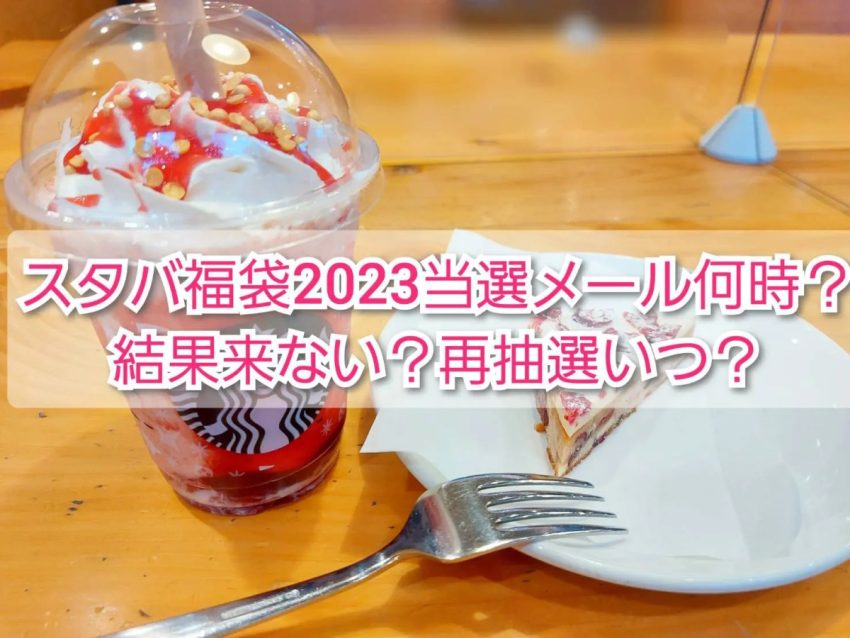JRT (also known as “yokara-ide owaru” words) is a fascinating linguistic phenomenon in the Japanese language. This term refers to words that begin with the syllables “yo” (よ), “ka” (か), “ra” (ら), “i” (い), and end with the syllable “de” (で) before concluding. These unique words have captured the curiosity of language enthusiasts, prompting a closer examination of their origins and significance.
Firstly, it is intriguing to understand the prevalence of these JRT words in the Japanese language. Many examples can be found across various contexts, including everyday conversations, written literature, and even in song lyrics. Despite their seemingly limited pattern, JRT words offer a wide range of meanings and applications, showcasing the richness and flexibility of the Japanese language.
One prominent aspect of JRT words is their melodic quality. The syllables “yo,” “ka,” “ra,” and “i” form a harmonious sequence that rolls off the tongue effortlessly. The addition of the concluding “de” syllable brings a sense of closure to these words, making them feel complete. This musicality and rhythm make JRT words particularly pleasing to the ear, adding a lyrical dimension to the Japanese language.
Moreover, JRT words often carry deep cultural associations. Many times, these words reflect concepts rooted in traditional Japanese values, customs, and aesthetics. For example, the word “yorokonde” (よろこんで) means “gladly” or “happily,” embodying the Japanese spirit of appreciating and finding joy in the simple pleasures of life. Similarly, the word “karakuchi” (からくち) describes a taste profile emphasizing dryness and sharpness, embodying the refined palate of Japanese culinary tradition.
The prevalence of JRT words also extends to idiomatic expressions, adding depth and nuance to the language. Phrases like “yokarou yo” (よかろうよ) and “raishu made” (らいしゅうまで) incorporate these JRT words seamlessly, imparting a sense of politeness, agreement, or intention. These expressions are often used in social interactions to convey respect, establish rapport, or indicate future plans.
It is worth noting that JRT words are not restricted to a particular part of speech. They can be nouns, adjectives, adverbs, or even verbs. For example, the word “yorokonde” is an adverb, while “ranman” (らんまん) is an adjective meaning “lavish” or “extravagant.” This versatility showcases the flexibility and adaptability of the Japanese language, which allows for the creation of unique word patterns like JRT.
In conclusion, JRT words are a captivating aspect of the Japanese language. Their melodious quality, cultural associations, and versatile usage make them a fascinating subject of study and appreciation for language enthusiasts. Whether in everyday conversations, literature, or artistic expression, JRT words add depth, beauty, and uniqueness to the already rich tapestry of the Japanese language. Next time you encounter a JRT word, take a moment to appreciate its musicality and explore the deeper meanings it carries.
